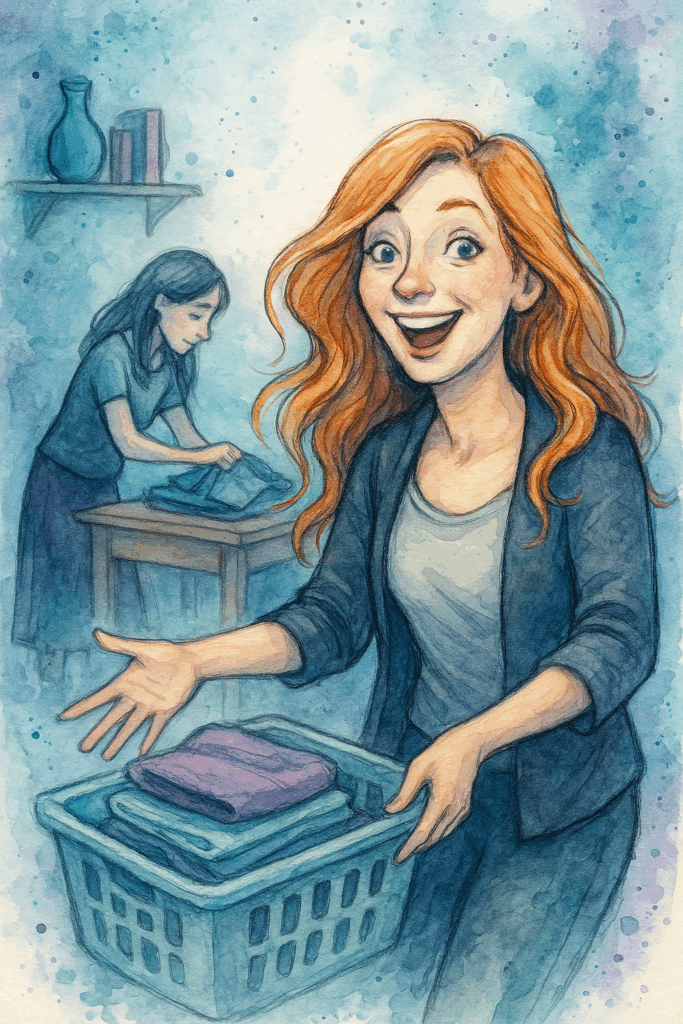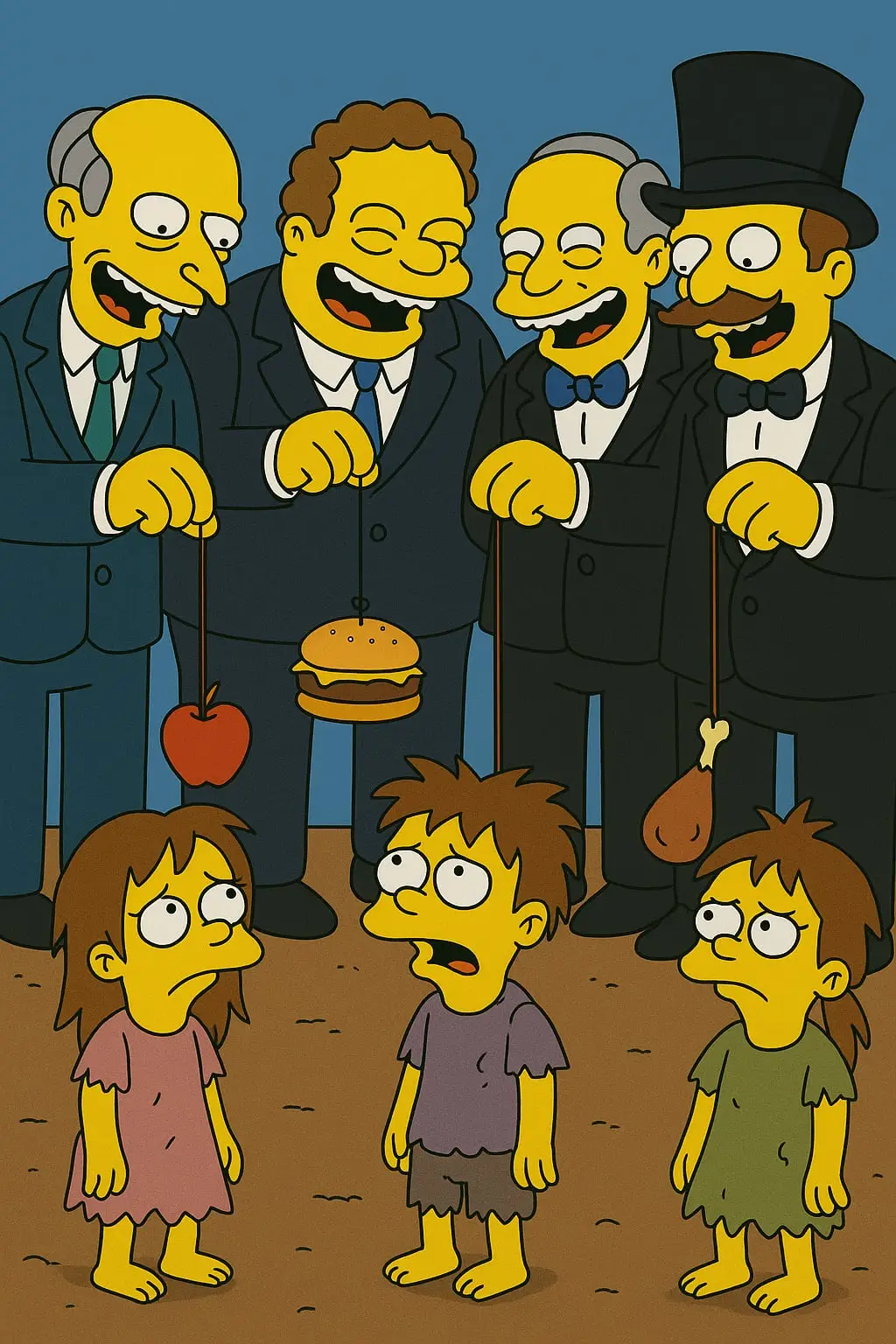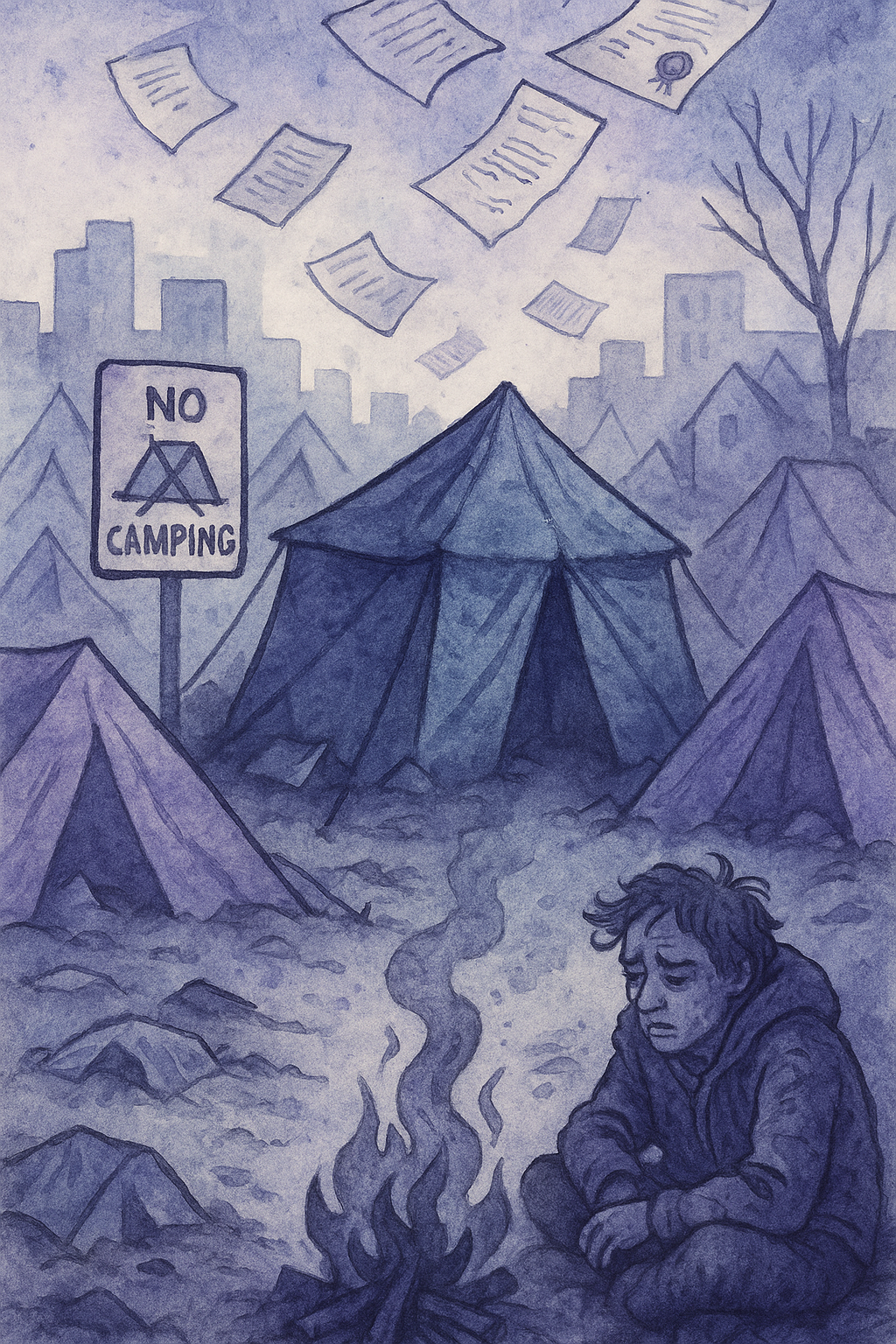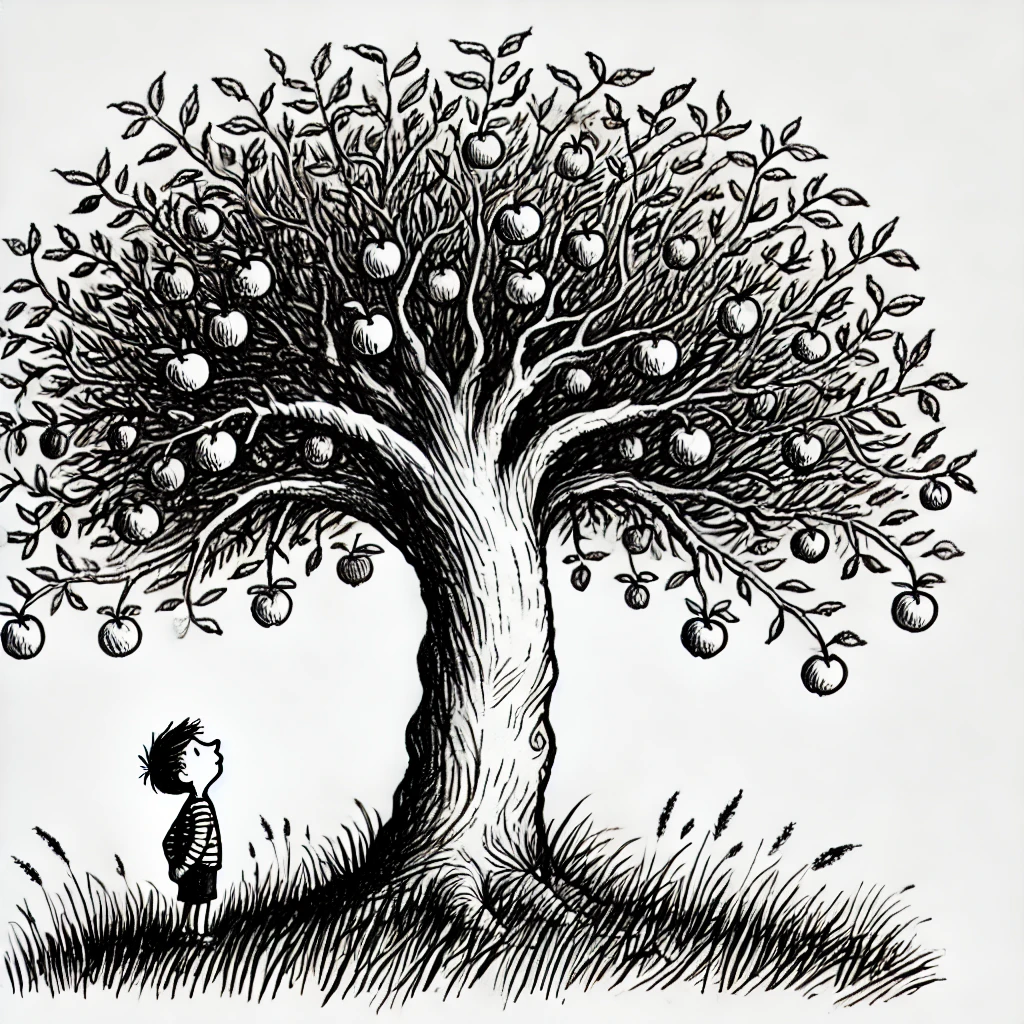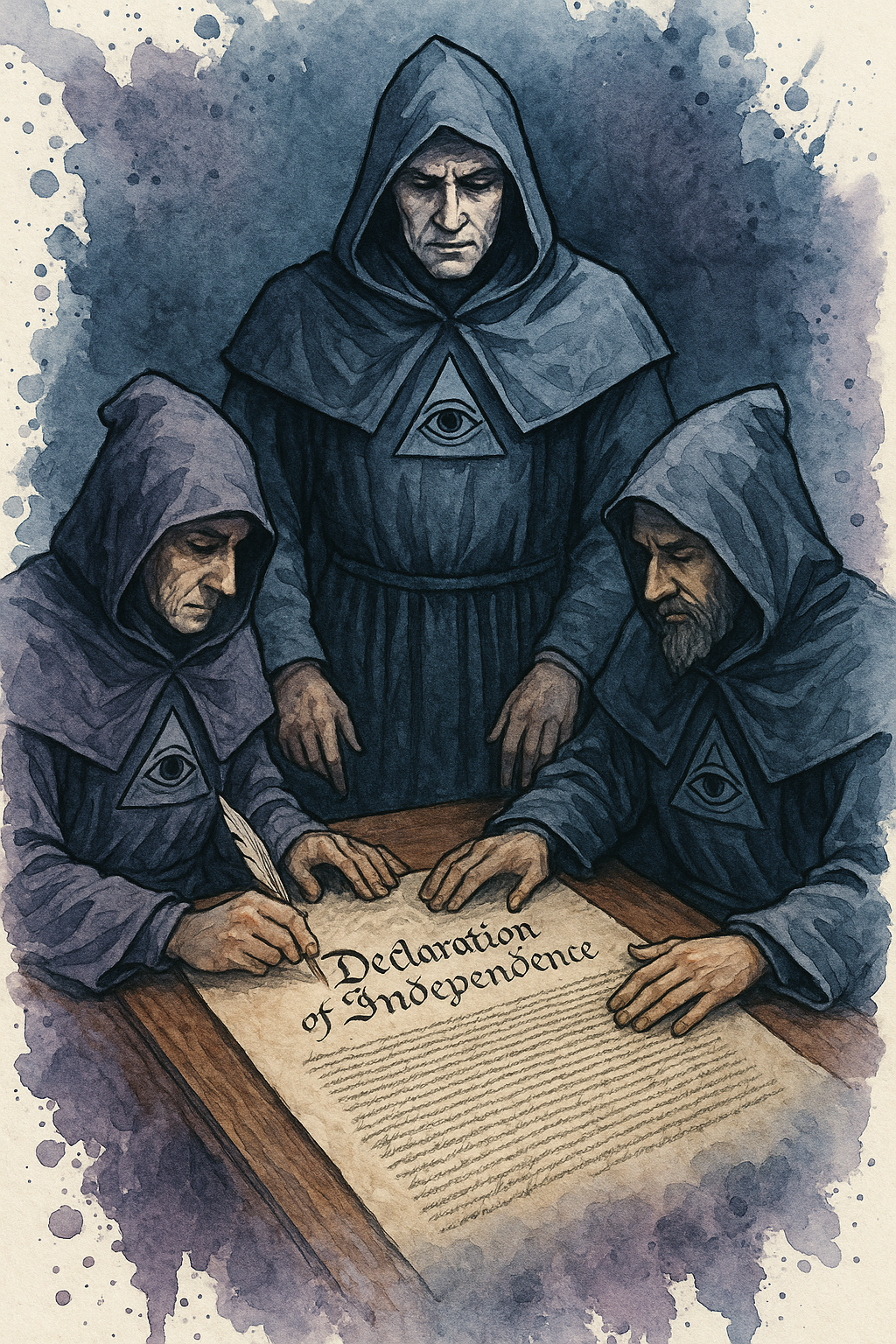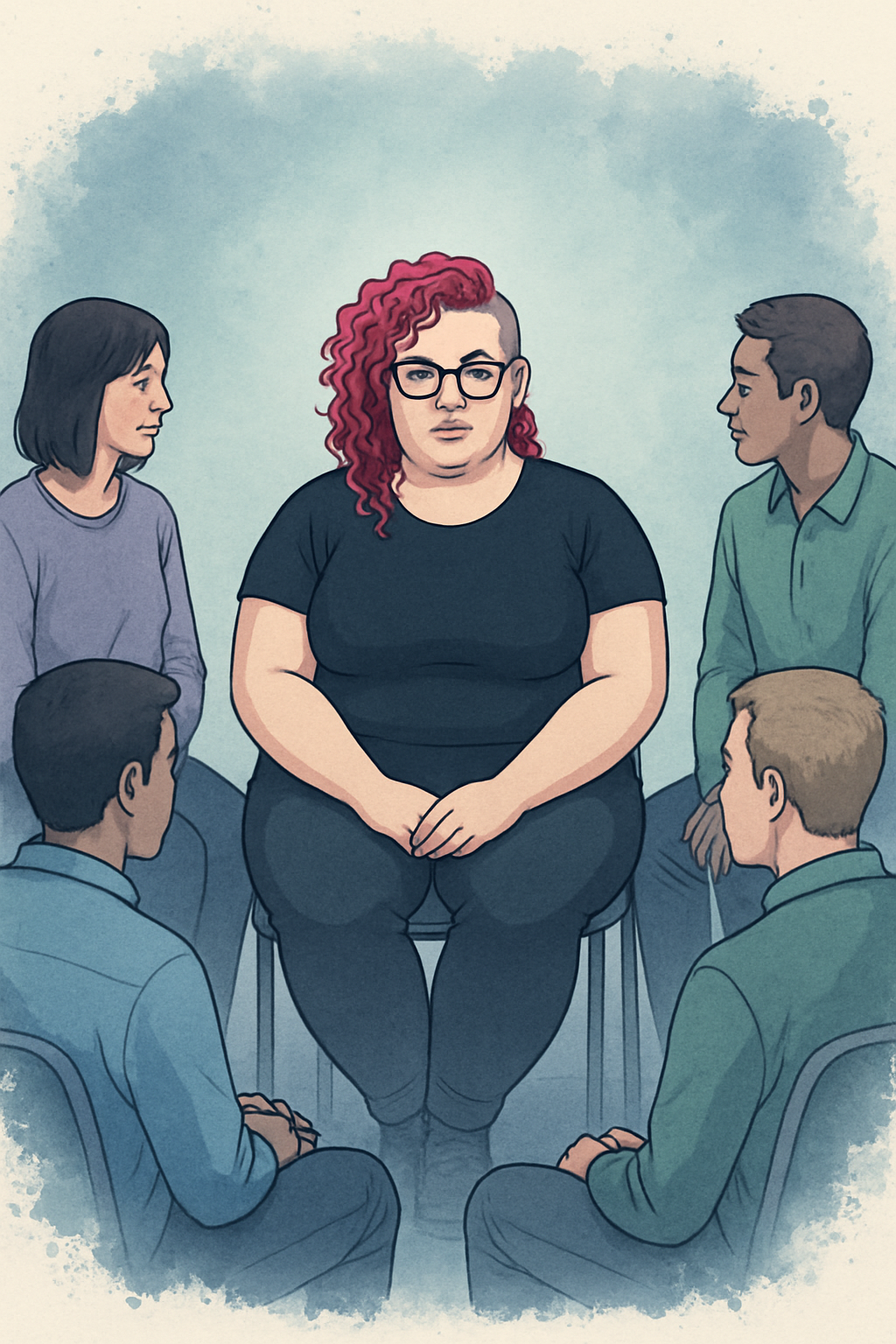Let’s be honest.
We’re not always capable of deep, soulful kindness.
Sometimes we’re tired. Worn down. Stretched thin. Sometimes someone’s behavior doesn’t deserve your inner wellspring of empathy.
That’s okay.
You don’t have to be a saint. You just have to not be a jerk.
That’s where the second tenet of the Cult of Brighter Days comes in:
If you can’t be kind, at least be nice.
Not fake. Not phony. Not smile-through-your-suffering saccharine.
Just nice. As in: basic courtesy. Minimal social friction. A functional level of decency.
Here’s how to be nice without crossing into toxic positivity or self-betrayal.
1. Polite ≠ Fake
Being nice doesn’t mean lying. It doesn’t mean saying everything is “great” when it isn’t.
It means saying, “I hope things get better soon,” instead of, “It’s all happening for a reason,” when your friend’s dog just died.
Nice = compassionate truth.
Toxic = denial dressed in glitter.
2. Use Your Neutral Voice as a Gift
You don’t have to be exuberant.
You don’t have to sparkle.
You can just say “Good morning” in a steady tone and still contribute to making the world a softer place.
A nod. A thank you. A “Have a good one.”
These are small offerings on the altar of social sanity.
You don’t have to be overflowing. You just have to not overflow on others.
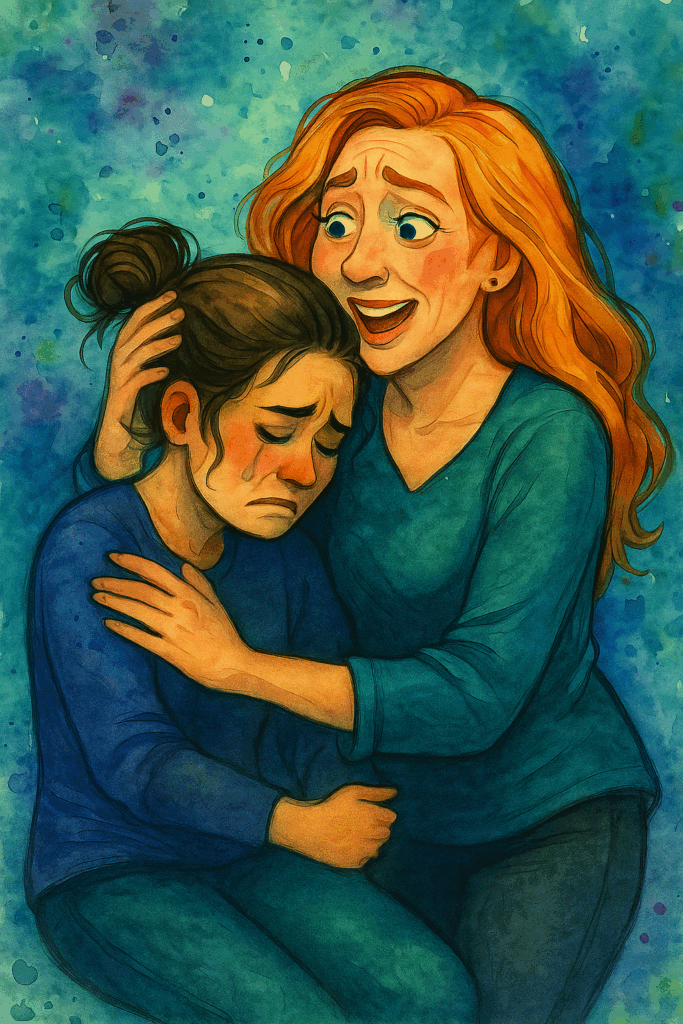
3. Don’t Weaponize “Good Vibes Only”
People who say “positive vibes only” at funerals—or during social justice conversations—aren’t being nice.
They’re being avoidant.
Being nice includes making room for discomfort.
It means not shushing people who are grieving, or venting, or expressing anger—especially when that anger is righteous.
Nice people don’t erase pain. They witness it with respect.
4. Silence Can Be Nicer Than Spin
You don’t have to comment on everything.
You don’t have to force a silver lining.
You can say:
- “That sucks.”
- “I don’t know what to say, but I’m here.”
- Or nothing at all—with a hand on someone’s back, or a cup of tea.
Nice doesn’t mean fixing.
It means showing up in ways that don’t do harm.
5. Practice Disagreeing Without Disgust
Being nice isn’t about avoiding conflict.
It’s about approaching disagreement without contempt.
You can say, “I see it differently.”
You can say, “That’s not my experience.”
You can say, “I don’t feel comfortable with that.”
But you don’t need to add eye rolls, insults, or TikTok-level takedowns.
Nice is disagreement without dehumanization.
6. Protect Peace Without Pretending You’re Fine
If you need to take space, cancel plans, or create distance, you can do that nicely.
You don’t have to fake a smile or manufacture excuses.
Try:
- “I’m not up for this today, but I care about you.”
- “I need some time to cool off. Let’s revisit this later.”
- “I’m protecting my energy, but I wish you well.”
Nice isn’t avoidance. It’s clear boundaries with a soft tone.
7. When All Else Fails: Choose Quiet Over Cruel
We all have days when kindness feels out of reach.
But meanness doesn’t have to be the fallback.
You don’t have to clap back.
You don’t have to win.
You don’t have to post the scathing comment you wrote in your Notes app at 2AM.
Sometimes the nicest thing you can do—for others and yourself—is to log off, take a walk, drink water, and say nothing.
☀️ In Conclusion: Nice Isn’t Nothing. It’s a Start.
When kindness isn’t available, niceness is your next best offering.
It keeps the peace without erasing the truth.
It makes room for honesty and humanity.
It allows you to be real and respectful.
And maybe, just maybe—being nice is what clears the space for kindness to return.
Let your niceness be rooted in reality, not repression.
Let it be soft, not fake.
Let it be the bridge between your burnout and your best self.
